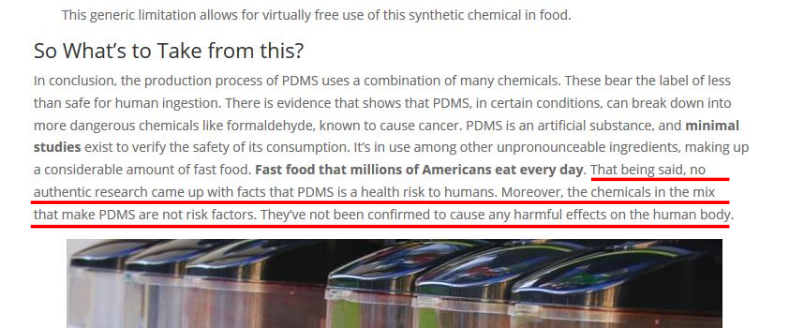A few months ago, I ran out of Fermcap that I usually use to prevent kettle boil overs and starter volcanoes. Decided to give peanut oil a try in the kettle. Probably used less than a teaspoon for a 5gal batch. It suppressed the foam in the kettle just like Fermcap does. That didn't surprise me.
The concern was what it might do to the flavor and head retention. The beer didn't have any unexpected flavors and it poured a normal head that lasted longer than I wanted it to. Since then, I tried avocado oil with the same results.
Goodbye Fermcap!
The concern was what it might do to the flavor and head retention. The beer didn't have any unexpected flavors and it poured a normal head that lasted longer than I wanted it to. Since then, I tried avocado oil with the same results.
Goodbye Fermcap!







![Craft A Brew - Safale S-04 Dry Yeast - Fermentis - English Ale Dry Yeast - For English and American Ales and Hard Apple Ciders - Ingredients for Home Brewing - Beer Making Supplies - [1 Pack]](https://m.media-amazon.com/images/I/41fVGNh6JfL._SL500_.jpg)

















































